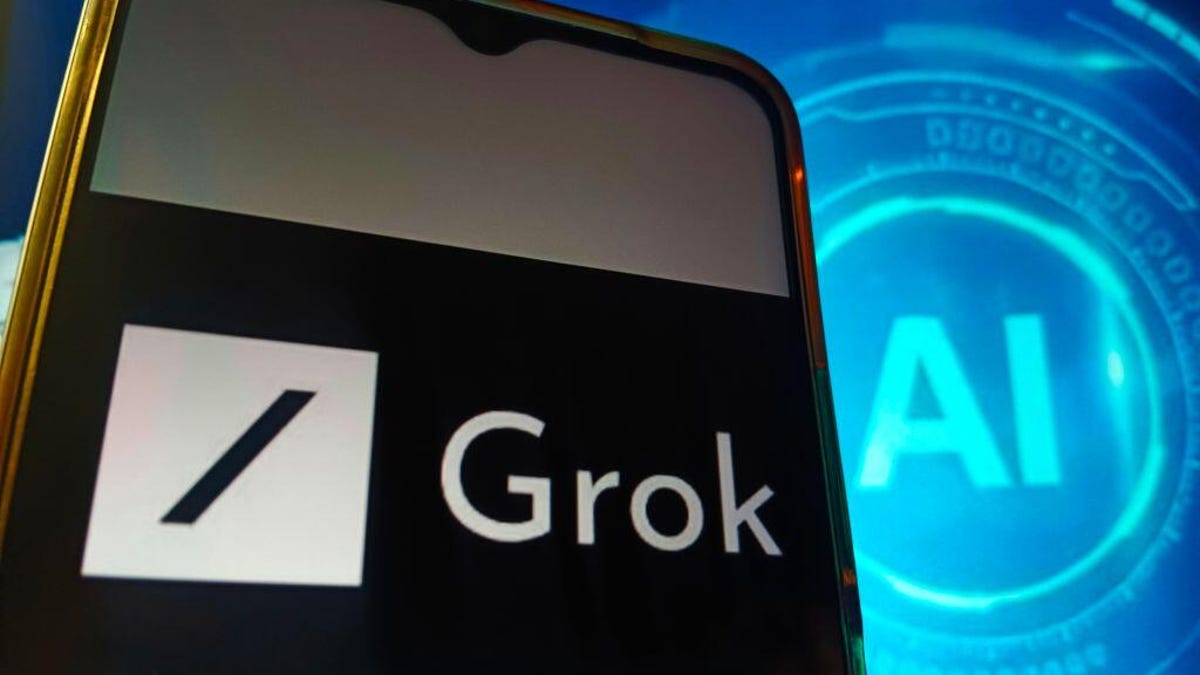Elon Musk is making his company’s Grok artificial intelligence chatbot available to more people who pay a monthly subscription for X, his social media network.
In a statement published on X, formerly known as Twitter, Musk said he intends to make Grok available to all premium subscribers of the social media site who pay $8 per month. Previously, Grok access had been limited to subscribers who pay $16 per month for X’s premium plus subscription, which removes ads from parts of the website, among other benefits. Musk gave no exact date for the release.
The move is the latest way Musk appears to be ramping up his competition against AI companies, OpenAI in particular. Musk has a long history of both supporting the technology and warning of its destructive possibilities.
In February, Musk sued OpenAI, which he had initially helped to found, accusing the company of breach of contract. In the suit, he said OpenAI was intended to be an open-source, “non-profit lab that would try to catch up to Google in the race for AGI (Artificial General Intelligence), but it would be the opposite of Google.” Instead, OpenAI has become one of the hottest AI companies in the world, and charges $20 per month for access to advanced versions of its popular ChatGPT technology.
In the meantime, Musk has been investing heavily in a competing AI called Grok. The technology, which he said is part of a new effort announced last year called xAI. Grok is currently built into Musk’s X social network, which he bought in 2022 for more than $44 billion.
Why the name Grok?
Grok is an unusual technology, and not just because it has an unusual name. The word “grok” is a term coined by sci-fi writer Robert Heinlein, who used it in his 1961 novel Stranger in a Strange Land about a human raised by aliens on Mars and then brought back to Earth. Grok is a Martian term, meaning to understand something to the point where it becomes a part of you.
What does this have to do with Musk? Well, grok is a popular term among sci-fi fans, computer programmers and hackers alike, so it’s no surprise he would appropriate the term.
What Musk wants Grok to be
During Grok’s launch in November, Musk positioned the technology as a philosophical rival to OpenAI’s ChatGPT, Microsoft’s CoPilot, Facebook’s LLama and Google’s Gemini (then called Bard). Musk posted on X that Grok would be “funny” and that it would be “politically neutral,” unlike, as he called it, “WokeGPT.”
Musk’s posts were in response to political commentators, who’d begun testing the publicly available AI chatbots that were becoming increasingly popular. In their tests, the commentators noticed that many of these technologies would sometimes respond with true statements about the Jan. 6, 2021, attack on the US Capitol and the overwhelming proof that the 2020 US election was legitimately conducted.
The internet quickly learned, though, that Grok answered questions in ways of which Musk may not approve. In one instance, a user asked Grok a question about people who are transgender, a population Musk has repeatedly spoken negatively about. (Musk also has a trans daughter who publicly criticizes his statements and actions.) Grok’s response effectively supported transgender people’s right to identify themselves, upsetting people who believed Grok’s neutrality would not support such a stance.
Grok similarly criticized racist conspiracy theories. It also described the word “woke” as “a call to action to stay informed and fight against discrimination,” adding that arguments against it were “a load of BS.”
Within days, Musk said his team was “taking immediate action to shift Grok closer to politically neutral,” though it’s unclear how he’s defining that term.
Musk didn’t respond to a request comment about whether Grok is currently perceived as “woke.”
Musk, Grok and X
xAI released the source code for Grok in March and has said it plans further releases in the future.
Musk, meanwhile, has discussed planned changes for Grok, including modes like “normal,” “fun” and “unhinged.” Microsoft, by contrast, offers a different set of distinctions: “more creative,” “more precise” and “more balanced.”
Musk has also said a “Super Grok” is planned for premium plus subscribers. OpenAI and Google have followed similar approaches, restricting access for their more advanced AIs to subscribers who pay about $20 per month.
